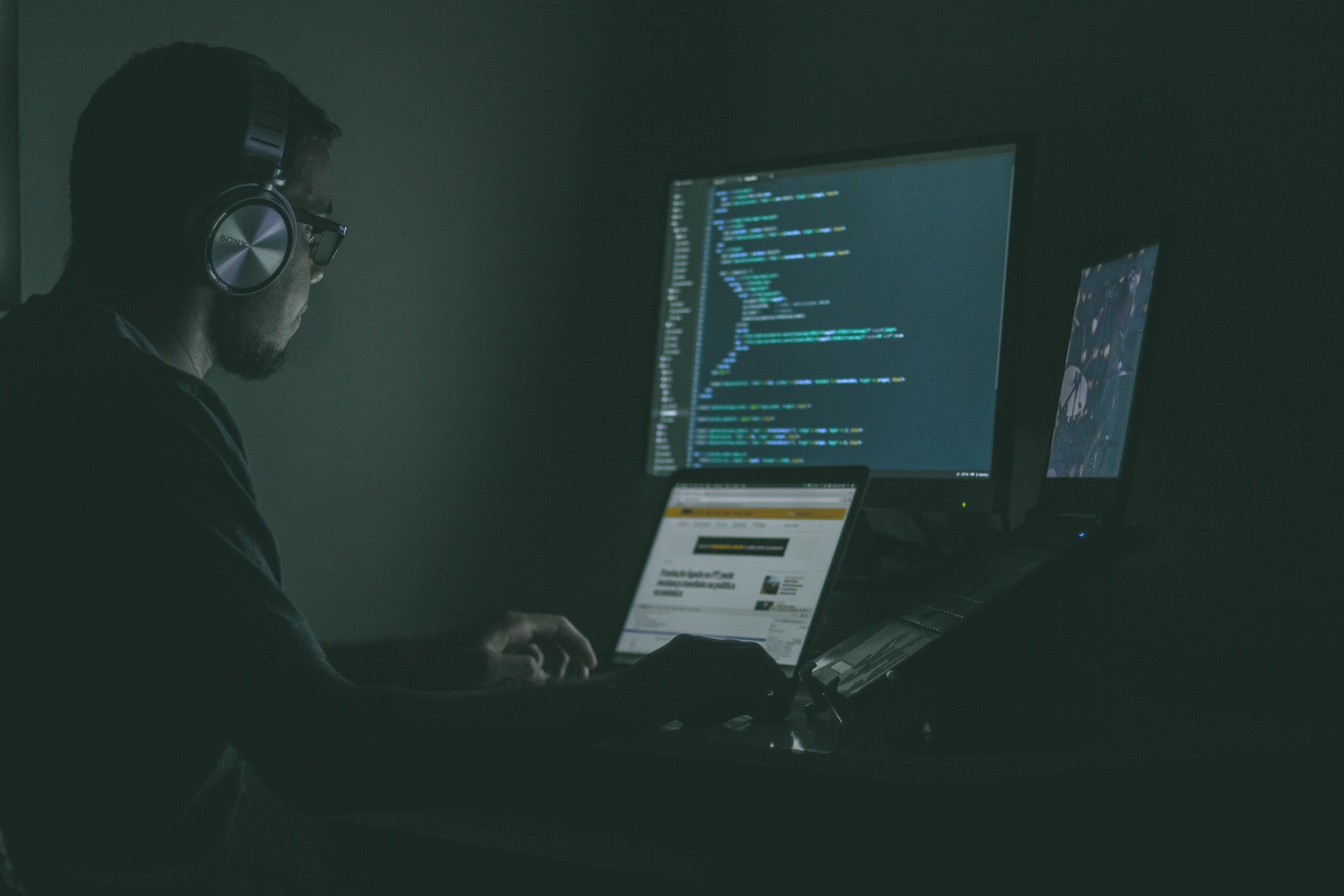Manchester United striker Marcus Rashford’s victory against the government shows that crowdsourcing power can resolve any social discord and is certainly not to be underestimated when it comes to driving change and being the force for the common good.
By now, we can all agree that football star Marcus Rashford’s crowdsourcing power is exemplary. The campaign led by the ManU star on Tuesday scored a massive win against Boris Johnson’s administration, with over 1.3 million children no longer facing the risk of malnourishment from lack of food supply during the summer break.
Children at risk of food poverty amid COVID
Seeing the pitiful plight of hundreds of vulnerable children in the UK, who belong to low-income families suffering from food poverty and depend either on free meals offered by their schools or after-school communities, several education unions took it upon themselves to urge the education minister to launch food coupons for disadvantaged kids in March.
However, this plea was quashed by stating that such a service would not be extended through summer break. Recently, The Guardian had revealed that nearly a fifth of UK households are unable to feed their children at a time when humankind is possibly battling its biggest threat to existence, world leaders are no longer at the helm, and more than half of the world population is at immediate risk of losing a livelihood.
English footballer upholds crowdsourcing power
Thus, Rashford, a firm believer in the crowdsourcing power, initiated a #MakeTheTurn campaign and drafted an open letter to the MPs in Parliament, urging them to reconsider their decision. Amid prolonged school suspensions, learning disruption, and mental health issues from isolation, the last thing kids want is losing sleep over whether or not they would have food on the table tomorrow, Rashford states.
Growing up in a predominantly black neighborhood surrounded by underprivileged families, my mother did the best she could, under those circumstances, to keep her five children well-fed and happy. And like any other kid in that community, we too, heavily relied on breakfast clubs, schools, and community services for regular free meals.
Giving voice to the vulnerable
#MakeTheTurn is a voice of all these kids who cannot stand up for themselves, and its victory is an epitome of how far the crowdsourcing power can go, he asserted. The footballer helped to raise more than £20 million alongside food charity FareShare while the Premier League paused.
On Tuesday, his widely supported campaign prompted the Johnson administration to finally take the U-turn on its decision and roll out an exclusive COVID Summer Food Fund for this year. This will provide food vouchers covering the six-week holiday period to the ones already eligible for free school meals.
Crowdsourcing has proved to be a powerful tool to bring about a dramatic shift in the way decisions are made, work is organized, and products are made and sold in the market. In the same manner that Rashford connected the voiceless children to the UK government, blockchain technology also calls for enthusiastic supporters for a common cause, promoting the common good of society.
Blockchain: The voice of millions
Blockchain technology supporters believe in its social benefits and power in strengthening humanitarian assistance. It does not identify whether you’re white, black, weak, or discriminate against people of specific qualifications and societal status. With its distinctive immutability and decentralization to protect data integrity, blockchain has the ability to power censorship-resistant platforms and thus become a reliable voice of millions who value freedom of expression, something that’s very similar to crowdsourcing power.
And as Mitch Rankin of English Forward states in his recent article, the rapid spread of the awareness, high adoption rates among youth, and reduction in data and accessibility costs to smartphones and tablets have pushed up the hopes of this possibility.
The incredible expansion of mobile technologies is another important factor that will both drive and support the deployment of workplace learning tools and systems in the areas of performance support, particularly, but also in areas such as expert location, crowdsourcing-based problem solving, and others.
– Charles Jennings







